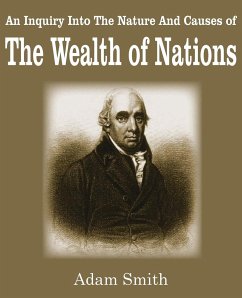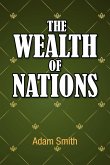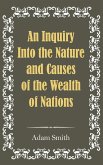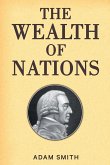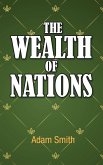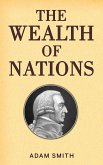An Inquiry into the Nature and Causes of the Wealth of Nations by Scottish economist and moral philosopher Adam Smith is considered to be the foundation of modern economic theory. First published in 1776, it is a reflection on economics at the beginning of the Industrial Revolution and argues that free market economies are more productive and beneficial to their societies. On Division of Labor - Smith illustrates with real world examples of how the extent of market determines the level of division of labor and the resulting productivity improvements; it is the extent of the market that determines the degree to which the division of labor can proceed - the productivity gains of a limited market are limited. On the other hand, as under competitive conditions a deepening of the division of labor lowers prices and thereby increases sales, the division of labor leads to an extended market that permits another deepening of the division of labor. This dynamic process creates the "Wealth of Nations." Of the Component Parts of the Price of Commodities Smith argues that the price of any product reflects wages, rent of land and "...profit of stock," which compensates the capitalist for risking his resources. The Wealth of Nations is required reading in many economic classes and a must read for anyone interested in economics, politics and the progression of the capitalist society.
Hinweis: Dieser Artikel kann nur an eine deutsche Lieferadresse ausgeliefert werden.
Hinweis: Dieser Artikel kann nur an eine deutsche Lieferadresse ausgeliefert werden.

